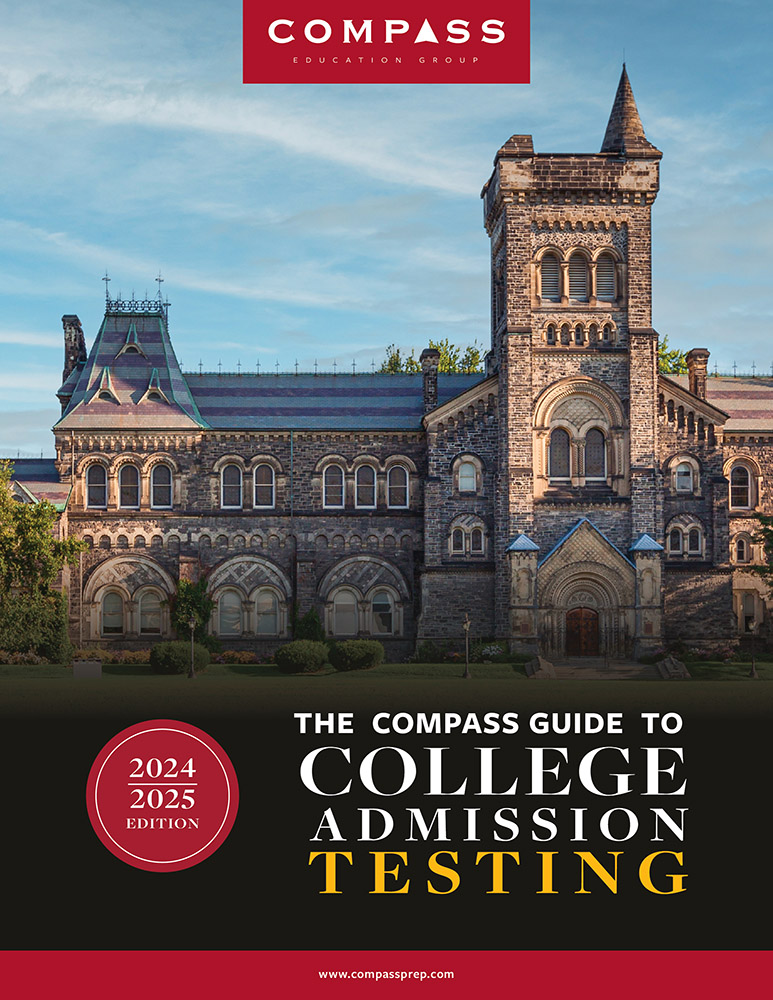
The ACT Science Test contains six or seven short passages with accompanying graphics. These passages fall into three main categories that can help you plan your attack. Go in prepared!
Data representation
- 2-4 per test.
- Each passage presents 2-4 graphics from a study or experiment.
- Questions focus heavily on reading graphics and accurately reporting data.
- May include anatomical diagrams, maps, or complex graphics that measure many variables at once.
- Best strategy: Skim the passage, then move right to the questions. They will tell you what to do with the graphics. Double-check your reading of the graphics!
Research summary
- 2-4 per test.
- 2-6 graphics per passage – charts, graphs, diagrams of an experiment’s set-up.
- Track multiple experiments that typically test a concept in different circumstances – for instance, testing one spring’s recoil force at different compressions, then repeating the experiment with a stiffer spring.
- Questions ask you to report and extrapolate data. If a solution is tested at 1, 2, and 3 atmospheres of pressure, you might be asked for the most likely result at 2.5.
- May ask the purpose of experiment procedures or the relationship between properties tested.
- Best strategy: Carefully check the set-up and jot down what changes in each experiment. Don’t read the charts until asked to, and be very careful to consult the right graphic / experiment for each question.
Competing hypothesis.
- One per test.
- 1 or zero graphics.
- Offer two or three competing explanations of a scientific phenomena.
- Questions ask you to identify key differences and similarities between the theories and to apply the theories to hypothetical situations – for instance, “Suppose Neptune’s core was found to be denser than Jupiter’s. Which hypothesis would this discovery most support?”
- Best strategy: Read each hypothesis carefully, but don’t assume than any of them are correct. Mark key differences between the hypotheses and check back carefully as you answer.

